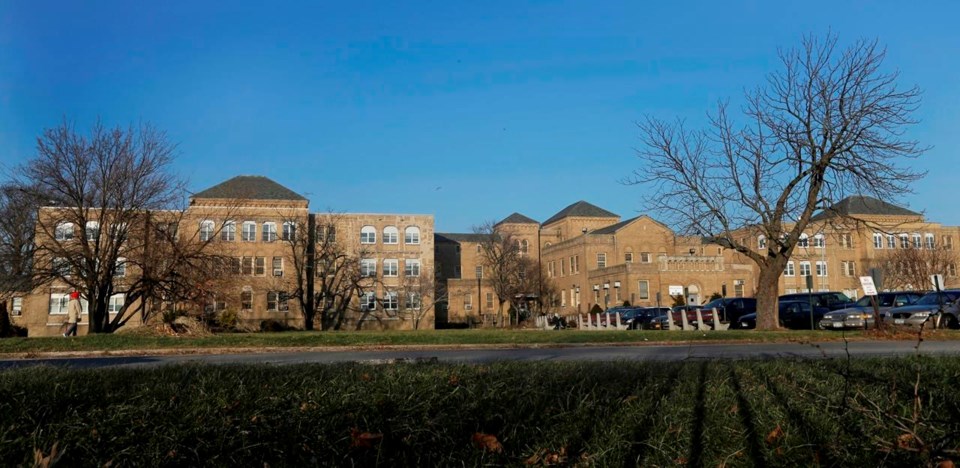NEW YORK (AP) — New York City will set up a shelter for up to 1,000 migrants in the parking lot of a state psychiatric hospital as thousands of asylum seekers continue to arrive in the city weekly, officials said Wednesday.
The new emergency relief center at the Creedmoor Psychiatric Hospital in the Queens borough of New York will house adult men who are asylum seekers and will offer services including meals and medical care, the officials said.
“This center will provide not just a place to stay but also critical services to support these individuals on their journey,” Emergency Management Commissioner Zach Iscol said at a City Hall news conference.
New York state will provide the space at the 300-acre (121-hectare) Creedmoor facility and will reimburse the city for setting the migrant center up and staffing it, Deputy Mayor for Health and Human Services Anne Williams-Isom said.
There are currently more than 56,000 migrants in New York's care, with more people arriving daily, officials said.
Mayor Eric Adams has scrambled to house migrants while asking for help from the federal government.
“New York City continues to receive thousands of asylum seekers each week, and we have stepped up and led the nation, but this national crisis should not fall on cities alone to navigate. We need a national solution here,” the mayor said in a statement.
Adams, a Democrat, announced last week that some adult asylum seekers without children in the city's shelter system would be given 60 days notice to find other accommodations in order to make room for families with children. Dr. Ted Long, senior vice president of the city's public hospital system, which oversees the migrant shelters, said Wednesday that about 100 migrants have been given notice so far.
Officials said the Creedmoor migrant center should be up and running at some point next month.
Over the past year, New York City has rented out hotels to house migrants, and has placed asylum seekers in locations including a cruise ship terminal and a former police academy building.
Karen Matthews, The Associated Press



